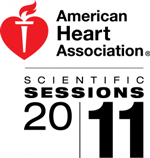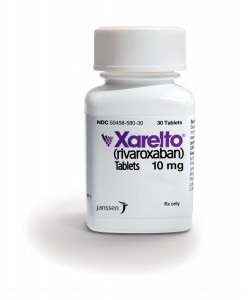
A recent New England Journal of Medicine article reported on the results of the ARISTOTLE trial comparing the effectiveness of apixaban and warfarin for atrial fibrillation stroke prevention. Apixaban was shown to be superior to warfarin in preventing afib strokes. Learn more about the results of this trial at: Apixaban Superior to Warfarin for Atrial …
Read More

